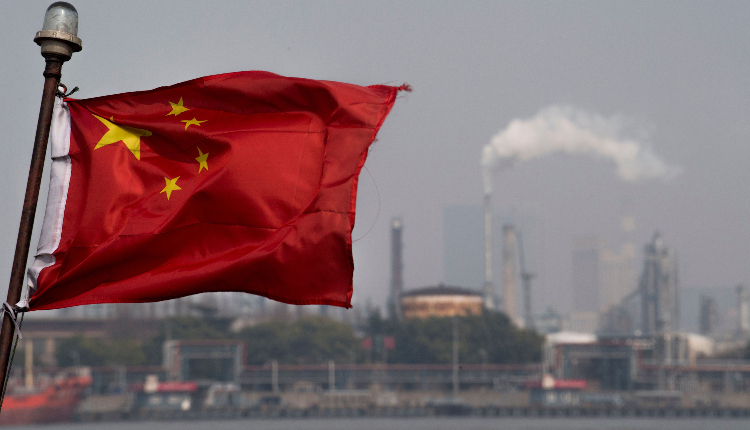China released a 60-point policy document on Sunday outlining goals such as advancing industries and enhancing the business environment.
The document was adopted at the conclusion of a Communist Party Central Committee meeting (plenum), but lacked specific implementation details.
The plenum, held from July 15-18, occurred during a tough economic period for China, the world’s second-largest economy.
The country is grappling with a prolonged property crisis, rising debt, low confidence among consumers and businesses, and trade tensions with global partners worried about China’s export dominance.
The 60-point document highlights the significance of markets in resource allocation and outlines the government’s commitment to enhancing conditions for private enterprises through legislative reforms. It also includes plans for fiscal, land, and financial reforms.
The document outlines other key policy targets, such as increasing affordable housing availability, expanding job opportunities for young people, and enhancing the standard of living for the elderly.
The document, like others of its kind, lacked details on how Chinese leaders plan to achieve their goals, some of which may require conflicting policies, as Party officials admitted on Friday.
Beijing has not clarified how it will boost consumer spending while focusing on producers and infrastructure, or how it will stimulate growth while managing debt.
In 2013, Beijing introduced a policy agenda with similar goals to those in the recent document, along with plans to liberaliae financial markets and promote domestic consumption.
However, plans were disrupted by a capital outflows scare in 2015. Analysts suggest that national security concerns have led China to tighten control over the economy and crack down on industries like tech and finance in recent years.
Attribution: Reuters


